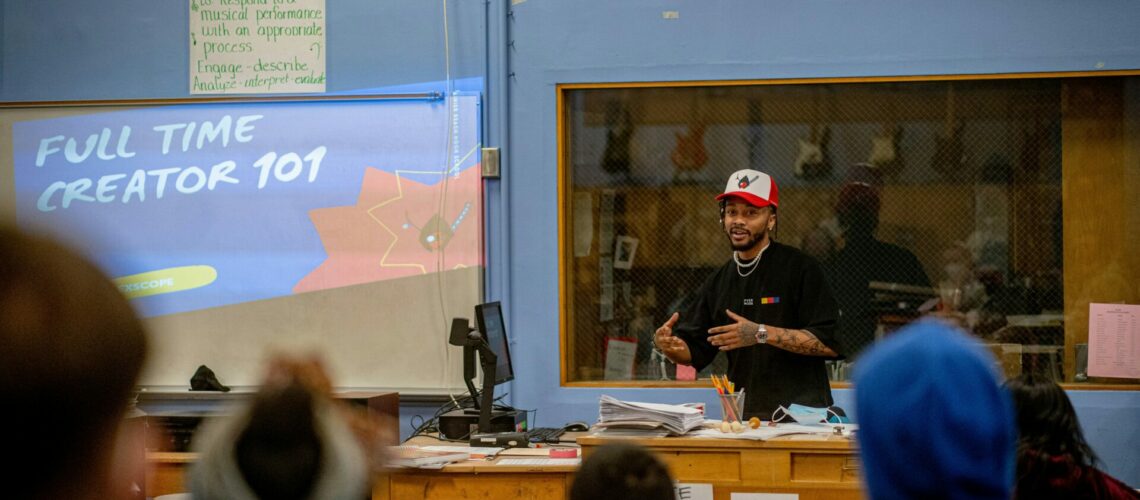In the realm of education, innovative teaching strategies play a crucial role in engaging students and fostering a deeper understanding of complex subjects. One educator who exemplifies this approach is Shoshana Leffler, whose inquiry-based teaching methods have garnered praise for their effectiveness in promoting student discovery and active learning. In this article, we will explore the key principles of her inquiry-based approach and examine how her innovative teaching strategies have transformed the classroom experience for her students.
Shoshana Leffler: A Pioneer in Education
Shoshana Leffler’s dedication to innovative teaching strategies stems from her belief in the power of student-driven learning and exploration. As a Chemistry Teacher at New Visions Charter School and the NYC Department of Education, Shoshana has implemented inquiry-based lesson plans tailored to Title 1 schools, where children from low-income families make up a significant portion of the student body. Through her commitment to student discovery and active engagement, Shoshana has revolutionized the way science is taught in the classroom, making it more accessible and relatable to students from diverse backgrounds.
The Essence of Inquiry-Based Learning
At the heart of her teaching philosophy lies the concept of inquiry-based learning, which emphasizes the importance of posing questions, exploring evidence, and constructing explanations. Rather than relying solely on lectures and textbooks, Shoshana encourages her students to take an active role in their learning by engaging in hands-on activities, experiments, and discussions. By providing opportunities for students to ask questions, investigate phenomena, and draw their own conclusions, Shoshana empowers them to become independent thinkers and lifelong learners.
Real-World Relevance
One of the hallmarks of her inquiry-based approach is its focus on real-world relevance. Recognizing that traditional science curriculum can often feel abstract and disconnected from students’ lives, Shoshana has revamped the curriculum to center around pressing global issues like climate change and environmental sustainability. By contextualizing scientific concepts within real-world contexts, Shoshana makes learning more meaningful and engaging for her students, inspiring them to apply their knowledge to address real-world challenges.
Creating a Positive Learning Environment
Central to Shoshana Leffler‘s inquiry-based approach is the creation of a positive and supportive learning environment where students feel empowered to take risks, make mistakes, and learn from their experiences. By fostering a classroom culture that values curiosity, creativity, and collaboration, Shoshana cultivates a sense of belonging and ownership among her students, motivating them to actively participate in the learning process. Through personalized feedback, encouragement, and guidance, Shoshana helps students develop the confidence and skills they need to succeed academically and beyond.
Conclusion
In conclusion, her inquiry-based teaching approach represents a paradigm shift in the field of education, placing the emphasis on student-centered learning and active engagement. By prioritizing inquiry, exploration, and real-world relevance, Shoshana has transformed the classroom experience for her students, inspiring them to become critical thinkers, problem solvers, and agents of change. As educators strive to meet the diverse needs of today’s learners, Shoshana Leffler’s innovative teaching strategies serve as a beacon of inspiration and a testament to the power of inquiry-based learning in shaping the minds and hearts of future generations.

